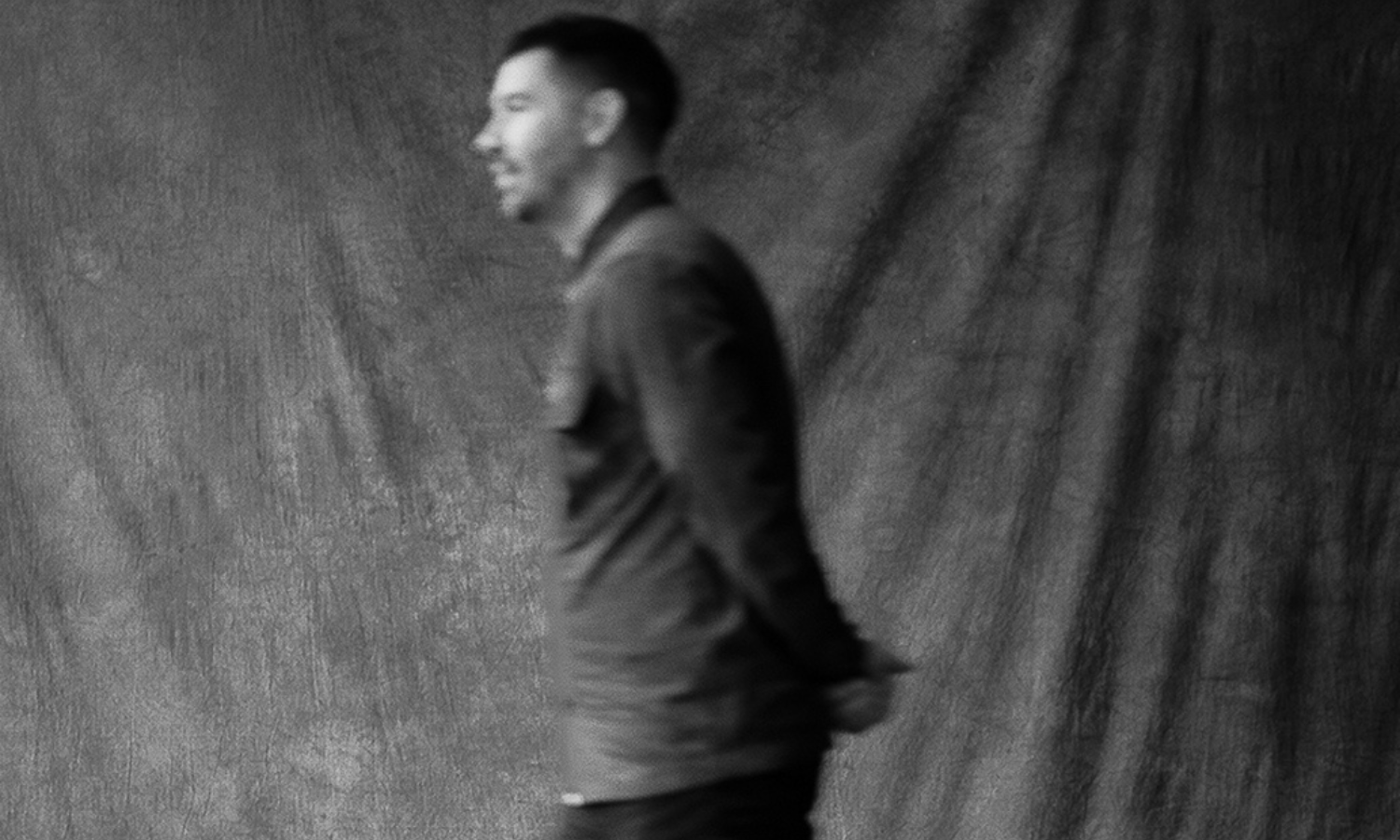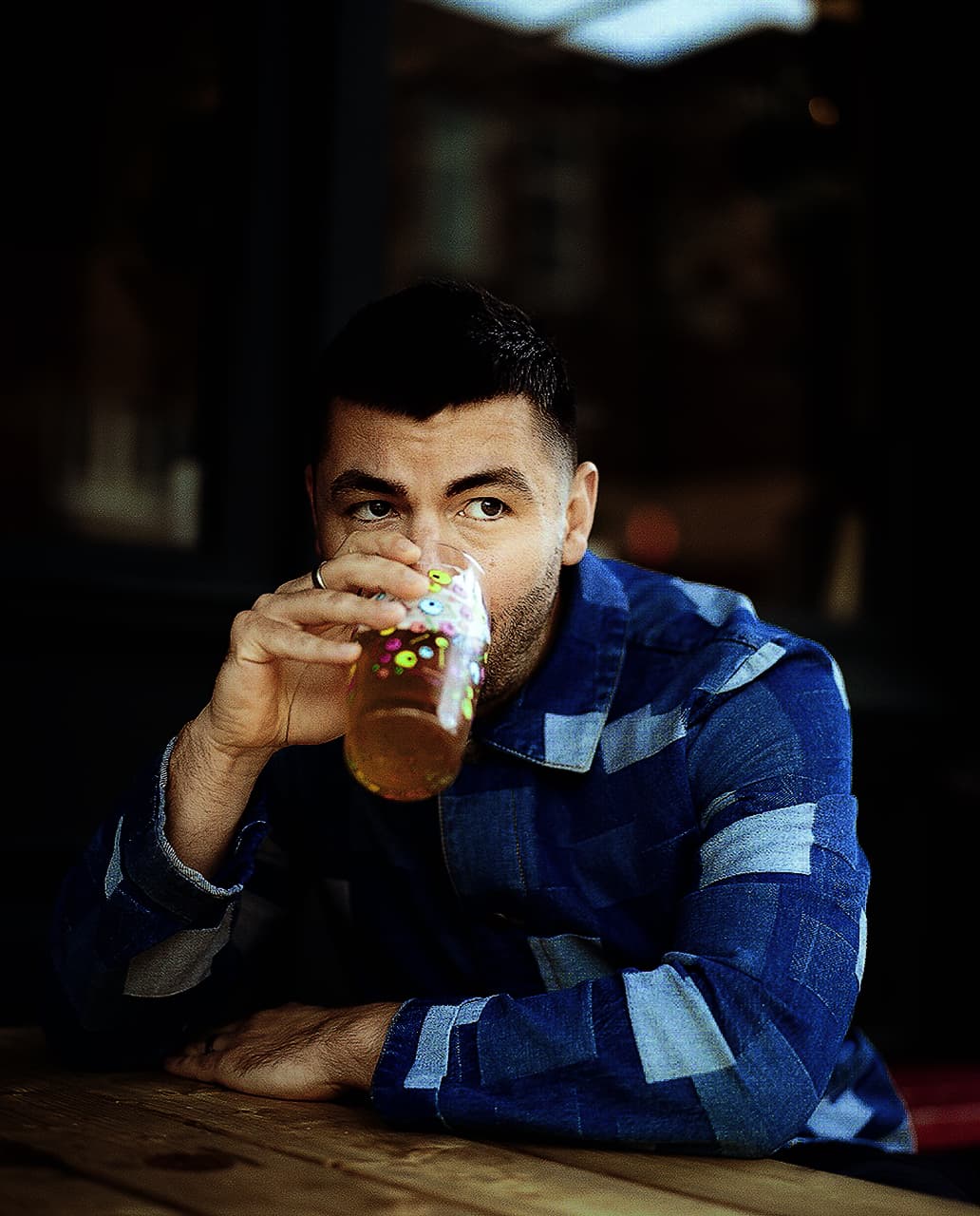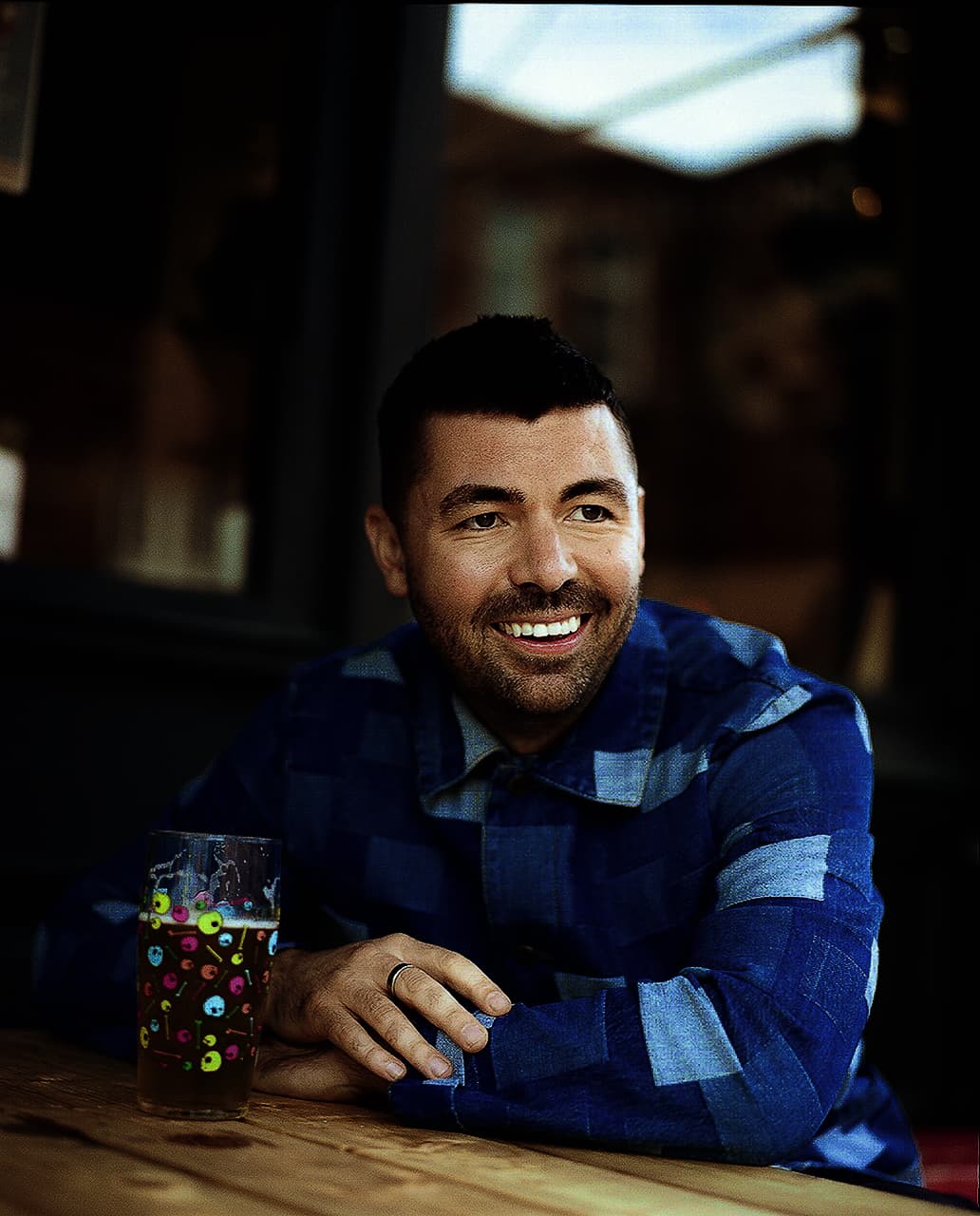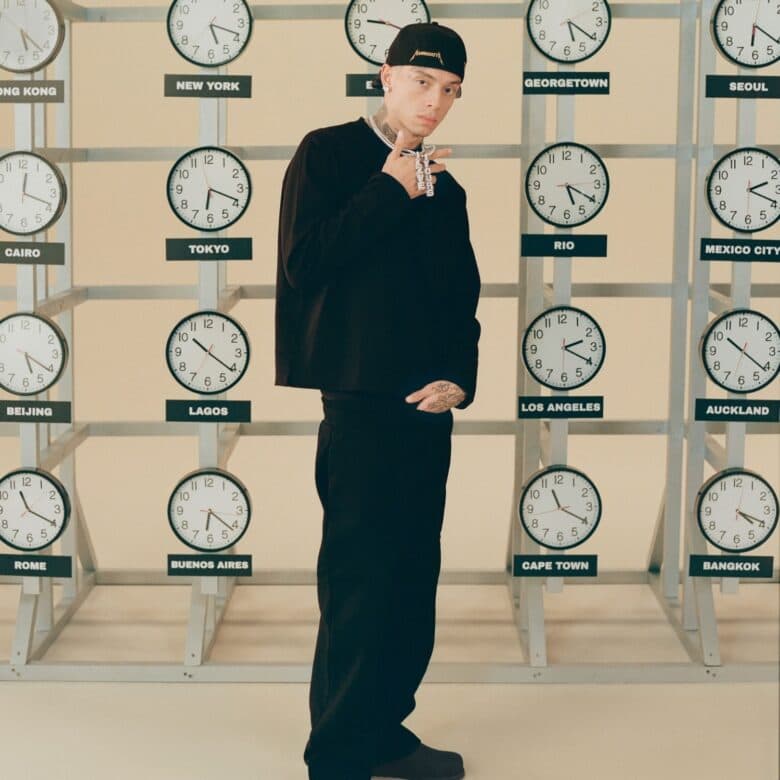Resistance with Rich Peppiatt

Rich Peppiatt moved to Belfast for a quiet life. He met Kneecap at a gig two weeks later, and this goal started looking unrealistic. He was struck by the Irish language hip-hop trio, with their fierce protest music and frenzied drug-fuelled performances. Back then, they were local rabble-rousers; today the outspoken three-piece (made up of DJ Próvaí and rappers Móglaí Bap and Mo Chara) are renowned artists with an acclaimed debut album (Fine Art) and an eponymous feature film directed by Peppiatt. The English director, known for the satirical documentary One Rogue Reporter and short films like Grounded and Backseat Driver, has followed their journey closely.
“None of us could’ve predicted the serendipity of their debut album coming out the same summer as the film,” he says, reflecting on the well-timed release of Kneecap, an all-consuming endeavour for Peppiatt. His film, designed to reinvent the increasingly “boring and formulaic” music biopic by narrating an artist’s ascent in real time, is snowballing into a huge hit. We spoke to him about the chaos of working with Kneecap, the benefits of his outsiders’ perspective on Belfast, and the Irish language as an act of resistance.


Fred Garratt-Stanley: Creative representations of Belfast are often defined by the Troubles. How does Kneecap shift away from this perception?
Rich Peppiatt: A lot of Irish cinema has focused on stories from the past. There had never been an Irish language feature that was modern, gritty
and blackly comedic, so it felt like we were breaking new ground. The city of Belfast is a character; with the graffiti and the history, there’s a rich, vibrant palate to work from. Having the music as the starting point was also really useful… a film about Kneecap and their music isn’t gonna use long, lingering shots… it’s gonna be chaotic, anarchic, and that allowed me to do anything. My job was to take what they’re all about and put it on the screen authentically, while also being very collaborative. I was very conscious that the English have been exploiting the Irish for 800 years — I didn’t wanna make it 801 by taking their story, sodding off, and going ‘Here’s a script lads’.
FGS: You first approached Kneecap after a gig, soon after you’d moved to Belfast. How did you persuade them to get on board?
RP: It took a couple of months, because they’re terrible communicators. The breakthrough came from a meeting with [Kneecap producer] Trevor Birney. I was in his office, I mentioned the band and one girl spun her head round. I said ‘Do you know Kneecap?’ It turned out she used to go out with Naoise (Móglaí Bap). I got his phone number, called him, and said ‘Meet me for a pint’. They say they were testing to see if I was a copper. It was firmly established I was not… and now, we’re very close friends. They’ve babysat my kids before, and they’re part of the family.”
This excerpt was taken from HUNGER Issue 33: Good People. Stay tuned for the full story.
- PhotographerMarcus Lister
- WriterFred Garratt-Stanley




